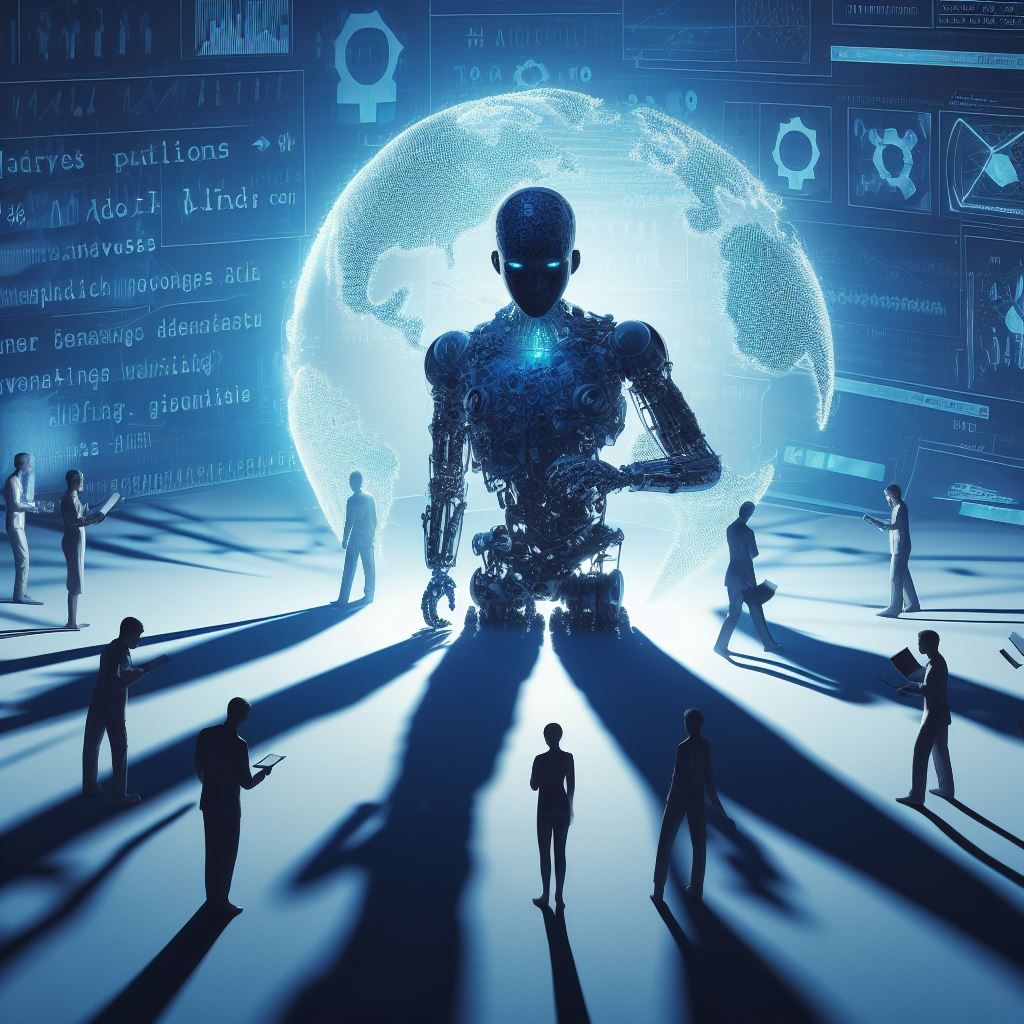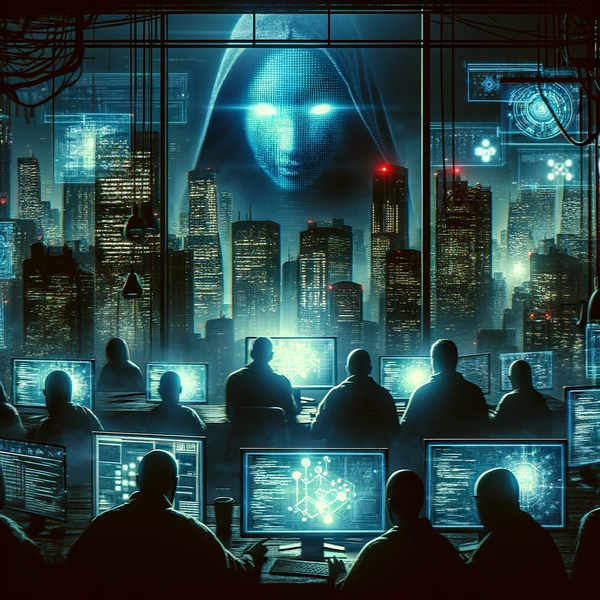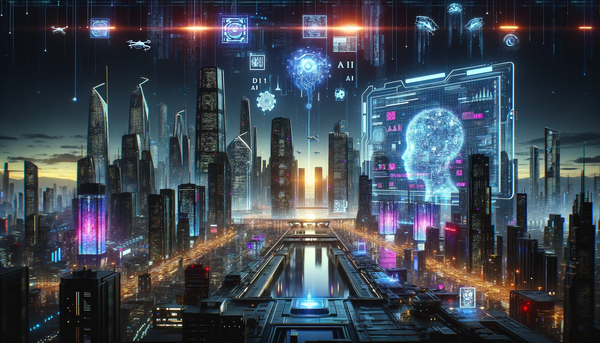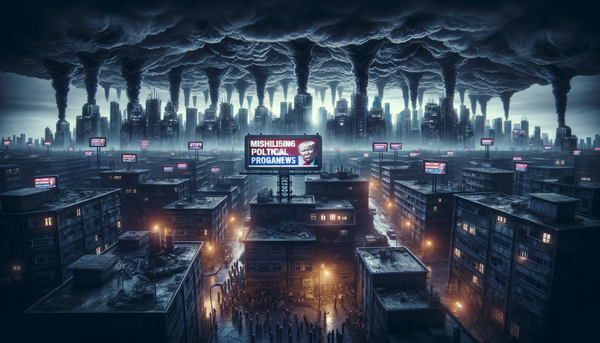The Shadows of the AI World: Why Disinformation is Scarier Than Ever
In the digital era, AI tools like ChatGPT and Bing Chat guide us, but they also amplify a chilling threat: disinformation. This insidious shadow spreads lies rapidly, making it essential to approach information with skepticism, champion digital literacy, and demand AI transparency. Guard the truth.

In the age of enlightenment that we fondly term the 'digital era,' the crescendo of AI whispers to us from every corner. Artificial Intelligence, an intricate dance of code and data, has spawned wonders like ChatGPT, Bing Chat, and Google Bard. They answer our queries, guide our searches, and comfort our late-night curiosities. But as AI’s potential rises like a monumental wave, so too does a chilling undertow: disinformation.
Disinformation: The Invisible Serpent
At its core, disinformation isn't new. It’s the beast that's whispered lies for centuries, sculpting narratives that twist minds. But in the hands of AI, disinformation takes on a form so insidious, it's like a shadow you can't outrun. Why? Because AI, unlike humans, doesn’t tire. It doesn’t sleep. And once it’s fed a lie, it can spread it with alarming speed and precision.
The Unholy Alliance: AI Platforms and Falsehoods
Consider the grandeur of ChatGPT, the charm of Bing Chat, or the depth of Google Bard. These are not mere tools; they are reflections of our incessant hunger for knowledge. But, as with any mirror, imperfections can distort what we see.
If disinformation is deliberately fed into these systems, the results can be catastrophic. A lie, once embedded, can ripple through the digital cosmos, reaching millions in mere moments. This is no longer the world of whisper campaigns; it's an onslaught.
The Passionate Plea: Wake Up, Digital Denizen
I find myself on the precipice burning with an urgency to sound the alarm. Every fiber of my being resonates with the need to protect the sanctity of truth in our AI-driven universe. The realm of ChatGPT, Bing Chat, and Google Bard is not just code. It’s the manifestation of human thought, human curiosity, and, sadly, human deceit.
Imagine a world where every fact you learn, every detail you rely upon, is tainted. Disinformation in an AI world isn’t just about false news or twisted tales. It’s about eroding the very foundation of trust upon which our digital communion is built.
What Must Be Done?
Awareness is our first defense. Recognize that in the vast realm of AI, falsehoods can and will seep in. Approach every piece of information, even if relayed by the most sophisticated AI, with a measure of skepticism. Remember, these systems are learning from us, and we are far from perfect.
Second, champion the cause of digital literacy. It’s not enough to know how to use AI platforms; we must understand their underpinnings. Knowledge is the antidote to deceit.
Lastly, demand transparency and accountability. The titans behind ChatGPT, Bing Chat, and Google Bard bear a grave responsibility. They are the stewards of our digital age, and they must ensure that their creations don’t become vessels for the venom of disinformation.
In the halls of our digital cathedrals, we stand at a crossroads. Down one path lies the promise of AI, untarnished and luminous. Down the other? A quagmire of deceit, where disinformation reigns supreme. We must choose, and choose wisely. For in the age of AI, truth is our most precious commodity. Guard it. Cherish it. Fight for it.



